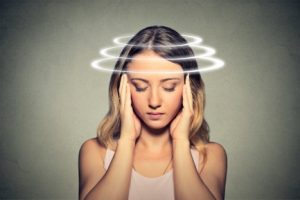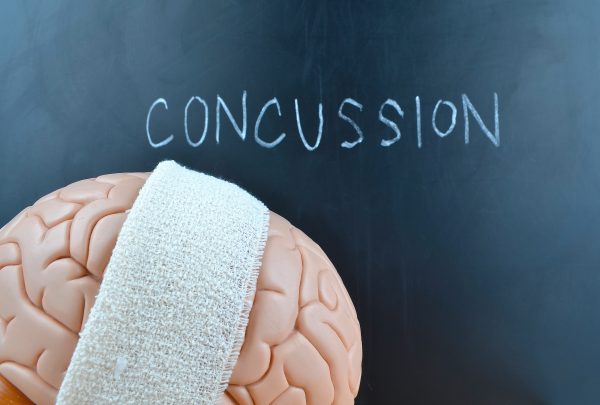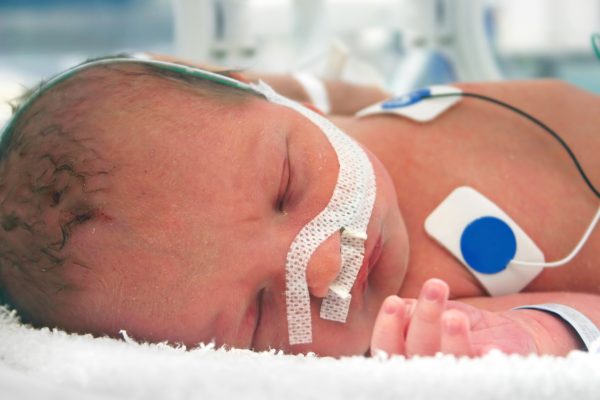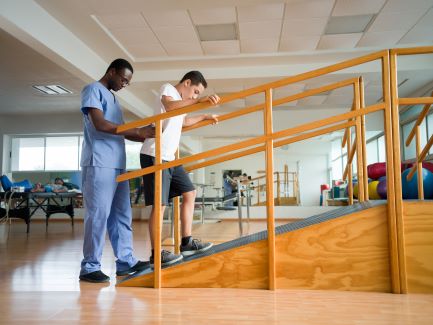COURSE DESCRIPTION:
This course is designed for physical and occupational therapists and other healthcare professionals working with patients suffering from balance and vestibular disorders. Treating patients with vestibular disorders can be daunting. Recognizing and assessing them can also be challenging, but once the process is completed, you need to be able to develop an appropriate treatment plan. This course will present vestibular treatments as a system of exercises and movements that the clinician learns to select, grade, and develop a continuum for the individual patient. It will emphasize treatments of vestibular disorders of childhood, adults, and the elderly. Childhood paroxysmal vertigo, multiple canal BPPV, Meniere’s disease, ototoxicity, bilateral disorders, malde debarquement, migraine-associated vertigo, traumatic vertigo, acoustic neuroma, central vertigo, and disequilibrium of aging will be covered. The course is interactive, with lab sessions to practice treatment techniques, and will offer exercises for problem-solving. These experiences will help to develop competencies and promote effective clinical outcomes.
LEARNING OBJECTIVES:
- Develop problem-solving skills and appropriate treatment planning for patients with vestibular disorders
- Identify precautions
- Recognize and develop exercise programs for vestibular ocular and vestibular spinal reflex dysfunction
- Recognize and treat patients with reduced, fluctuating, hyperactive, and hypoactive vestibular responses
- Differentiate central and peripheral vertigo and nystagmus
- Demonstrate treatments for Meniere’s, childhood paroxysmal vertigo, mal de debarquement, postconcussion syndrome, migraine-associated vertigo, torticollis, post-surgical conditions, superior canal dehiscence, and central disorders
- Recognize and demonstrate repositioning maneuvers for horizontal, anterior and posterior canal BPPV
- Develop a fall risk/safety program
- Review evidenced-based outcomes
__________________________________________________________________________________
SCHEDULE:
0 – .5 hours:
- Introduction on the need for determining appropriate treatment interventions
- Treatment precautions
.5 hours – 1.0 hours:
- Review of the vestibular system, symptom reports, history and indications for treatment
1 hour – 2.0 hours:
- Vestibular ocular reflex function, testing, interpretation of results and indications for treatment
2.0 hours – 3.5 hours:
- Lab practice: watch and practice VOR tests and treatment (nystagmus, saccades, pursuits, gaze stabilization, head shaking, head thrust, vergency and oscillopsia, optokinetic)
3.5 hours – 4.0 hours:
- Vestibulospinal reflex (VSR) testing and indications for treatment
4.0 hours – 5.0 hours:
- Instruction and lab practice of balance, reflex integration, posture, and sensory organization activities
5.0 – 6.0 hours:
- Vestibular disorder classifications in adults and pediatrics: reduced, fluctuating, distorted, hyperactive and hypoactive responses
6.0 – 7.0 hours:
- Vertigo testing and lab practice
- Treatment of post-concussion vestibular involvement and post traumatic vertigo
- Recognizing horizontal semicircular canal dysfunction
7.0 hours – 8.5 hours:
- Differentiating types of vertigo: episodic, provoked, positional, constant, central and peripheral
- Demo and practice with a partner: horizontal canal treatments: emphasis on canal alignment
8.5 hours – 9.5 hours:
- Recognizing, testing, and treating posterior and anterior canal BPPV. Typical and Atypical
- Manifestations, including central positional vertigo (CVP)
9.5 – 10.5 hours:
- Lab practice: posterior and anterior canal BPPV treatments
10.5 – 11.5 hours:
- Questions and review: BPPV
- Semont Maneuver demonstrated
11.5 – 12.5 hours:
- Treatments for Central Positional Vertigo (CPV), post-concussion, cervical dizziness, superior canal dehiscence, Meniere’s disease, vestibular neuronitis and labyrinthitis, torticollis, PPPD, ototoxicity
- Lab at seat: head positional exercises
12.5 hours – 13.5 hours:
- Billing codes, Conclusions
13.5 hours – 14 hours:
Gaye W. Cronin is a master clinician specializing in vestibular and facial nerve rehabilitation having treated more than 30,000 patients suffering from vestibular or facial nerve disorders. She serves as the director of Vestibular & Facial Nerve Atlanta. Dr. Cronin has experienced a high rate of success in the elimination and reduction of facial paralysis, vertigo and balance dysfunctions, and improvement of function, safety, and mobility through rehabilitation. She has successfully applied these evidence-based treatments with a variety of diagnoses and ages. Dr. Cronin has published extensively in medical and therapy journals and has conducted numerous national and international instructional courses for occupational therapists, physical therapists, audiologists, and physicians. She received her Bachelor of Science and Masters degrees from the Medical College of Georgia, and her Doctorate of Occupational Therapy from the University of St. Augustine for Health Sciences. Disclosure: Financial: Gaye Cronin receives a speaking fee from Education Resources, Inc. Non-Financial: She has no non-financial relationships to disclose.
Once you purchase an online course you will have access to the course materials. If you have purchased this course, please ensure you have logged in to your account in order to take the exam.
Once you purchase an online course, you will have the opportunity to take an exam to test your retention of the material. If you have purchased this course, please ensure you have logged in to your account in order to take the exam. The exam must be completed with a pass rate of 80% or more in order to receive your certificate of attendance.
Continuing Education Hours for disciplines not listed below: 13.5 contact hours (1.35 CEUs). Intermediate level. License #______________. Education Resources, Inc. is an AOTA Approved Provider of professional development. Provider #3043. This Distance Learning-Independent Course is offered at 13.5 Contact Hours (1.35 CEUs). (Intermediate level, OT Service Delivery). AOTA does not endorse specific course content, products, or clinical procedures. This course can be used toward your NBCOT renewal requirements for 13.5 units. Approved for FL Occupational Therapists for 16 continuing education hours - CE Broker # 20-775468. Approval #2022-137 by the NJ State Board of Physical Therapy Examiners for 13.5 CECs. Approved sponsor by the State of IL Department of Financial and Professional Regulation for Physical Therapy for 16 contact hours. Approved provider by the NY State Board of Physical Therapy for 16.2 contact hours (1.62 CEUs). Education Resources is an approved agency by the PT Board of CA for 13.5 contact hours. This activity is provided by the TX Board of PT Examiners accredited provider #1910017TX for 13.5 CCUs and meets continuing competence requirements for PTs and PTAs licensure renewal in TX. Approved Provider for OK State Board of Medical Licensure & Supervision #BAP202310003. 12 hours of this course qualify toward the 20 hours requirement for NDTA re-certification. The following state boards of physical therapy accept other states’ approval: AK, AR, AZ, DC, DE, GA, HI, ID, IN, KS, KY, MA, MI, MO, MS, NC, OR, PA, RI, SC, UT, VA, VT, WI, WY. The following state boards of physical therapy either do not require course pre-approval or do not require CEUs for re-licensure: AL, CO, CT, IA, ME, MT, NE, ND, NH, SD, WA.
Education Resources Inc. 266 Main Street, Medfield Ma 02052 800-487-6530





